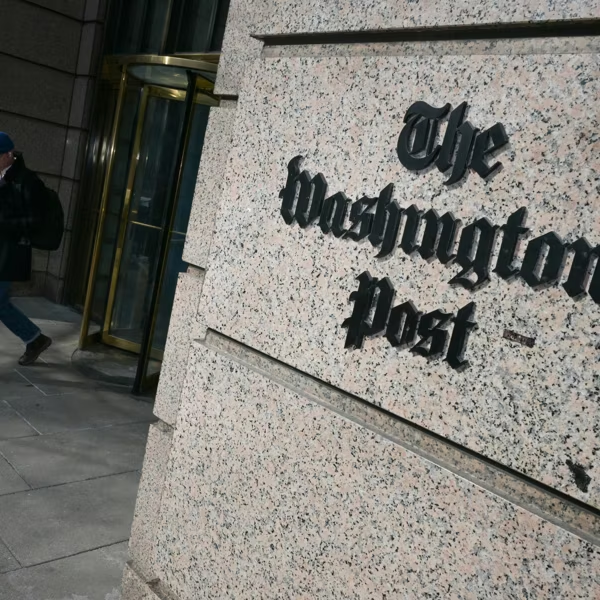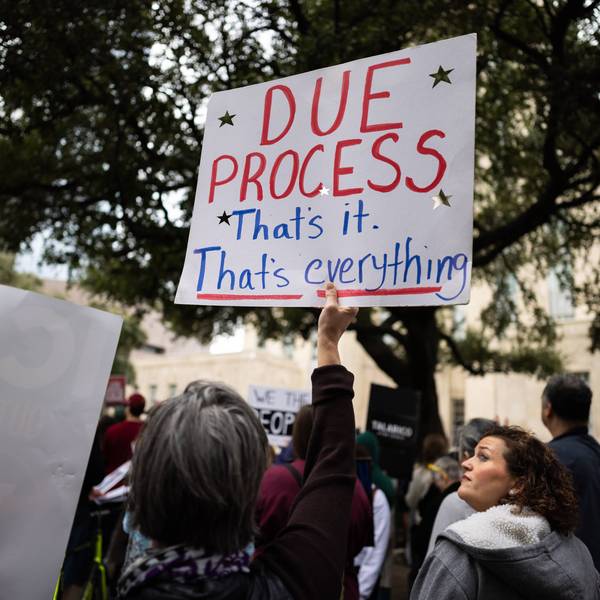In what rights campaigners heralded as a "significant" reproach to government overreach, a British court which oversees the nation's intelligence and clandestine services ruled Monday that mass surveillance by agencies--including the bulk collection of private data from unwitting citizens and residents--was unlawfully conducted for nearly two decades.
Called the Investigatory Powers Tribunal, the panel of judges which provides legal oversight and hears challenges submitted against the country's Government Communications Headquarters (GCHQ), as well as the clandestine services known as M15 and M16, said the surveillance regime was "without adequate safeguards or supervision" during secret spying operations over the course of 17 years, from 1998 to 2015. As the Guardian reports:
The tribunal said the regime governing the collection of bulk communications data (BCD) - the who, where, when and what of personal phone and web communications - failed to comply with article 8 protecting the right to privacy of the European convention of human rights (ECHR) between 1998, when it started, and 4 November 2015, when it was made public.
It added that the retention of of bulk personal datasets (BPD) - which might include medical and tax records, individual biographical details, commercial and financial activities, communications and travel data - also failed to comply with article 8 for the decade it was in operation until it was public acknowledged in March 2015.
Privacy International, a surveillance watchdog group which brought the challenge to the tribunal in the summer of 2015, called the tribunal's ruling "one of the most significant indictments of the secret use of the Government's mass surveillance powers since Edward Snowden first began exposing the extent of US and UK spying in 2013."
Further explaining the implications of the ruling, Millie Graham Wood, a legal officer at Privacy International, added: "Today's judgment is a long overdue indictment of UK surveillance agencies riding roughshod over our democracy and secretly spying on a massive scale. There are huge risks associated with the use of bulk communications data. It facilitates the almost instantaneous cataloguing of entire populations' personal data. It is unacceptable that it is only through litigation by a charity that we have learnt the extent of these powers and how they are used. The public and Parliament deserve an explanation as to why everyone's data was collected for over a decade without oversight in place and confirmation that unlawfully obtained personal data will be destroyed."
Though the ruling was welcomed as a rebuke to the spying regime, it was not a striking blow to all methods which groups like Privacy International find problematic.
"While the tribunal found that the mass collection of data lacked adequate oversight," reports The Intercept's Ryan Gallagher, "it did not rule that the surveillance itself was illegal. The judgment found in favor of the government on that front, stating that the use of the Telecommunications Act to harvest the bulk datasets was lawful."
Along with other groups, Privacy International has also filed a challenge to the U.K. bulk surveillance with the Europe Court of Human Rights. That case remains pending.



